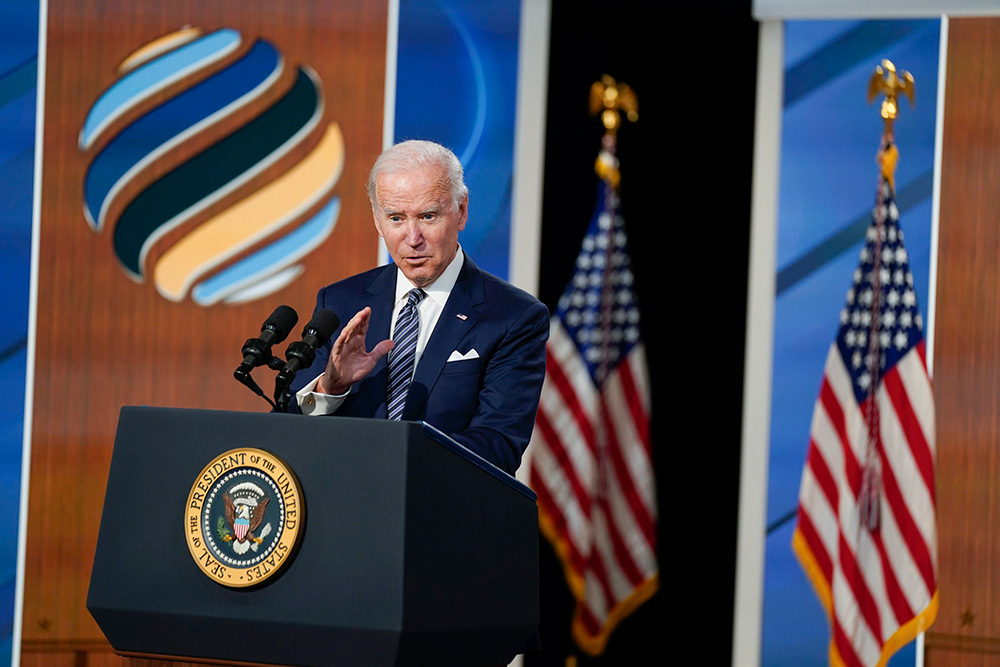Healthcare providers, including Certified Registered Nurse Anesthetists (CRNAs), will continue to receive resources to care for some of the most vulnerable patients with President Biden signing the bipartisan S.610 – Protecting Medicare and American Farmers from Sequester Cuts Act to postpone cuts to Medicare reimbursements for healthcare providers.
“The American Association of Nurse Anesthesiology (AANA) applauds the signing of this bill that recognizes the financial impact the COVID-19 pandemic has had on many healthcare facilities and providers,” said AANA President Dina F. Velocci, DNP, CRNA, APRN. “CRNAs across the country continue to courageously step up to the challenge of caring for patients. By signing this legislation, President Biden prevents further burdening of our nation’s heroes and helps ensure that healthcare facilities remain open to serve populations most in need.”
Since 2013, Medicare spending has been subject to sequestration—a process that enacts automatic, across-the-board reductions in Medicare payments to all healthcare providers by up to 2%.
In addition to delaying sequestration reductions, the bill provides a one-year increase in the Medicare physician fee schedule of 3% to support health professionals in adjusting to changes in the Medicare physician fee schedule during 2022. Plus, it stops automatic across-the-board cuts to Medicare, farm programs, social services, student loans, resources for students and individuals with disabilities, among other programs, through 2022.
The healthcare legislation also includes the Dr. Laura Breen Health Care Providers Protection Act. This bill aims to reduce and prevent suicide, burnout and mental and behavioral health conditions among health care professionals. The Breen bill includes training grants, funding for awareness campaigns, and money for treatment.
“By current estimates, 35% to 54% of nurses and physicians in the United States report symptoms of burnout, which can lead to high turnover, costly labor disputes, and impact the quality of patient care and patient satisfaction,” said Velocci. “The AANA is pleased to see our nation’s leaders recognize the stress and fatigue healthcare professionals are experiencing and taking steps to provide the resources to allow us to care for ourselves so we can best care for our patients.”
CRNAs are licensed as independent practitioners who plan and deliver anesthesia, pain management, and related care to patients of all health complexities. In 1986, CRNAs became the first nursing specialty accorded direct reimbursement rights from Medicare. As advanced practice registered nurses, CRNAs are uniquely trained to provide critical care, anesthesia, airway, and ventilation management expertise, making them one of the most highly valuable and sought-after healthcare providers during the pandemic.






